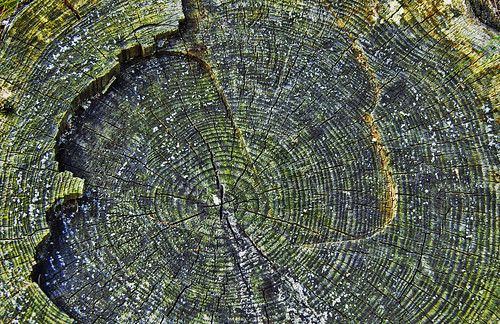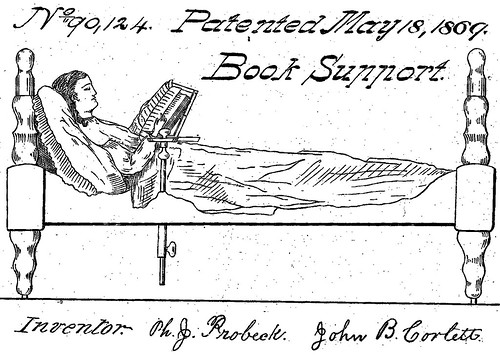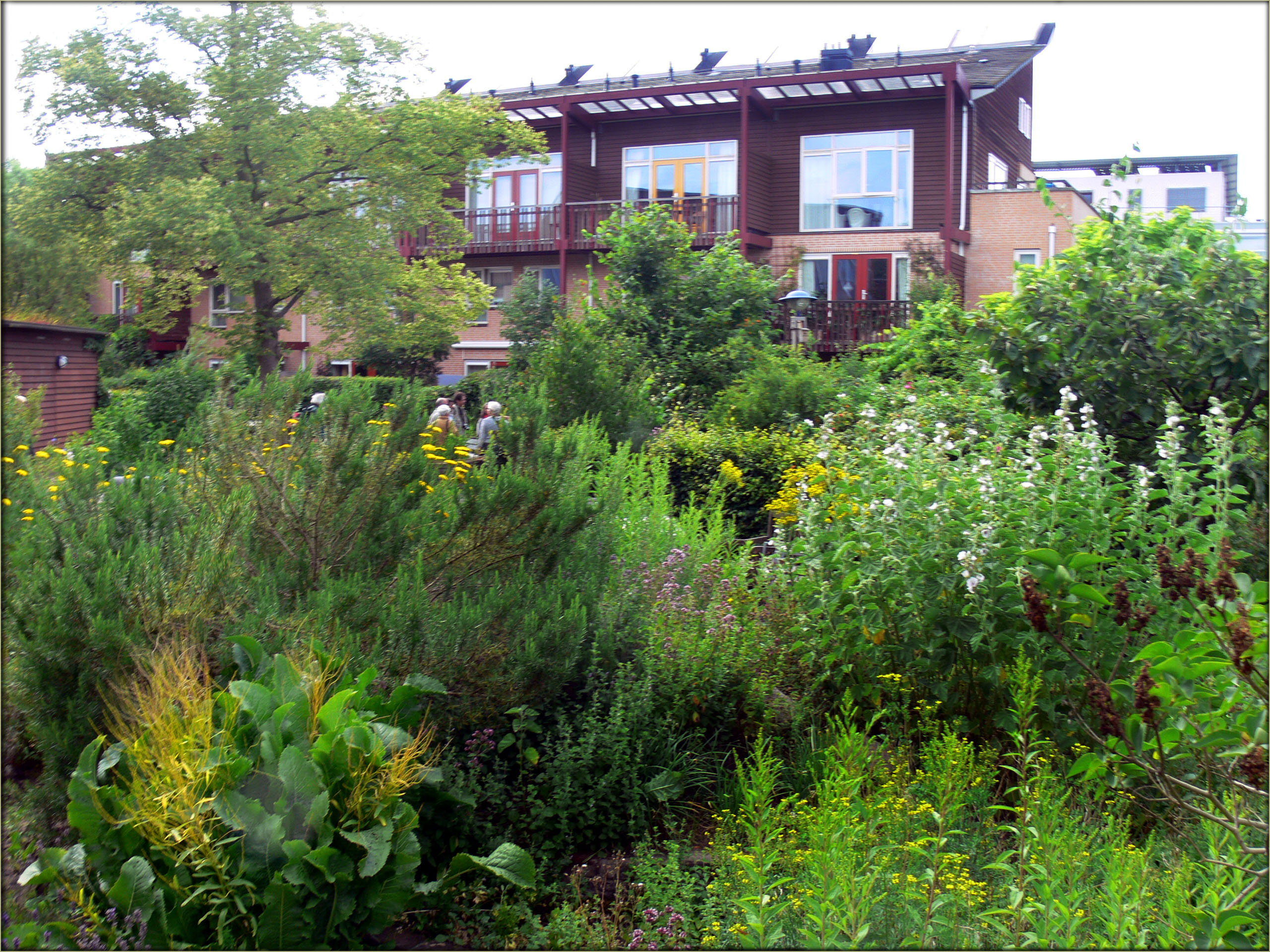How did it get to be the end of November already??
The year is just flying past, and the Artist’s Way chapter 11 is already inviting me to take a look back over how far I’ve come.
Before the year’s end I want to read through all my posts again, but in the meantime, I’ve considered how much change has occurred since January. Looking back, it’s actually quite a lot, although it didn’t seem so at the time – rather like not noticing the rings forming on a tree trunk.

I have a blog. (But you knew that.)
I write regularly. It started as morning pages and irregular blog posts; now I post regularly and have a whole day each week set aside for writing.
I take myself seriously as a writer. It isn’t just a hobby I do in my spare time when I feel like it.
I feel less anxious and guilt-ridden about Getting Things Done – still something I struggle with, but I’m learning to lighten up, without becoming totally irresponsible.
I am more generous with myself. Giving to others was a no-brainer, but with myself I played the “I bet I can carry on without that” game, instead of actually considering whether it was a good idea. For myself I had an automatic ‘no’. I was Scrooge.

I don’t mean to suggest that more is better and you should fulfil your every whim, but sometimes you lose more by going without than you gain. In the spirit of which, I had an enjoyable struggle with the AW exercises on self-nurture, over six months and during one week.
In the longer term, I plan to reward myself for finishing the current WIP draft with a new fountain pen (droooool). I also want to learn to crochet.
While I was off work sick, I managed to read nine Agatha Christie novels, three Ngaio Marshes, and two Patricia Wentworths. This was so relaxing and refreshing I had the brilliant idea of setting aside a day every now and again to do nothing at all but read. Perhaps once a month?

My nurturing week includes classic things like a movie or an icecream, and simple things I enjoy like having a nice sit-down afternoon tea, or going to a charity shop to try on hats. I may also buy a magazine – no magazine in particular – and go through it for pictures to put in my scrapbook.
The Artist’s Way also challenges us to reconsider our understanding of God, particularly in the area of creativity. I have realized lately that I need to learn to trust God more and trust his dreams for me.
After all – look how far he’s brought me already.

Exercise 5 invites us to list the ways we will continue to change as we allow our creativity to grow and flourish. My very scientific projections suggest that I will become more relaxed, more joyful, more enthusiastic, more energetic, more generous – and more productive.
A little scrap of joy to end: sometime in the last month someone somewhere entered the words “blancmange pen” into their search engine – and they found me. My life has not been in vain.
Until next week, whether life brings pens or blancmange,
Sinistra Inksteyne 









